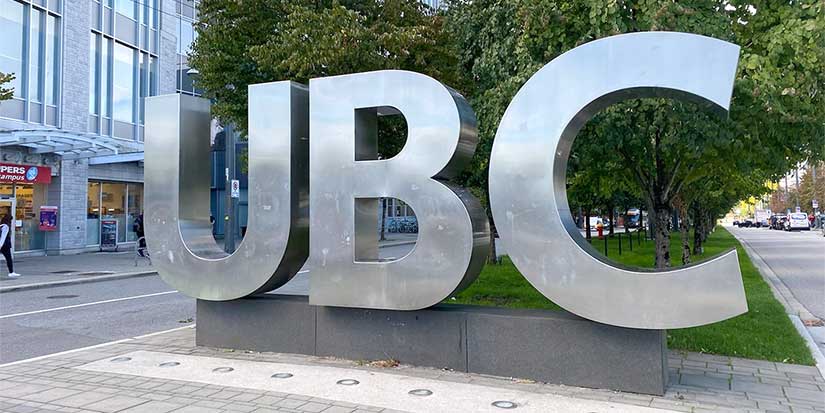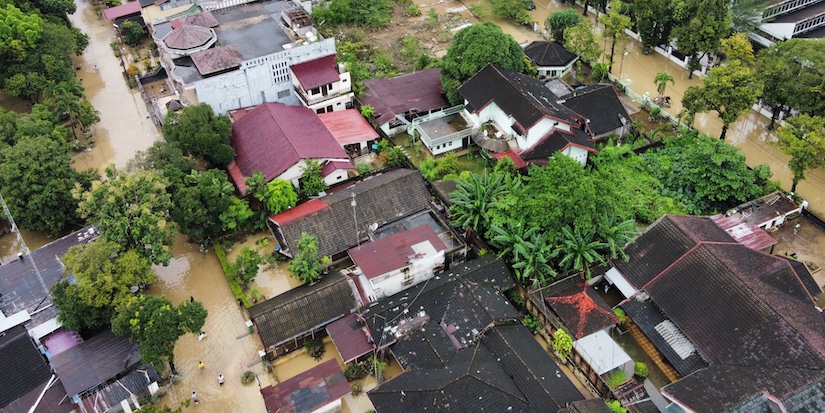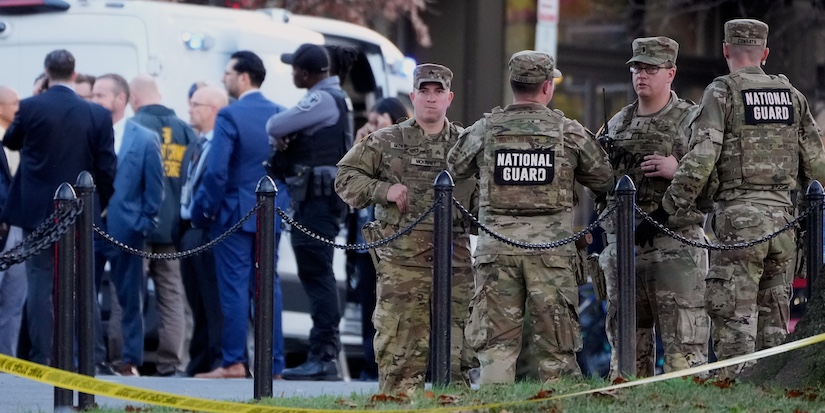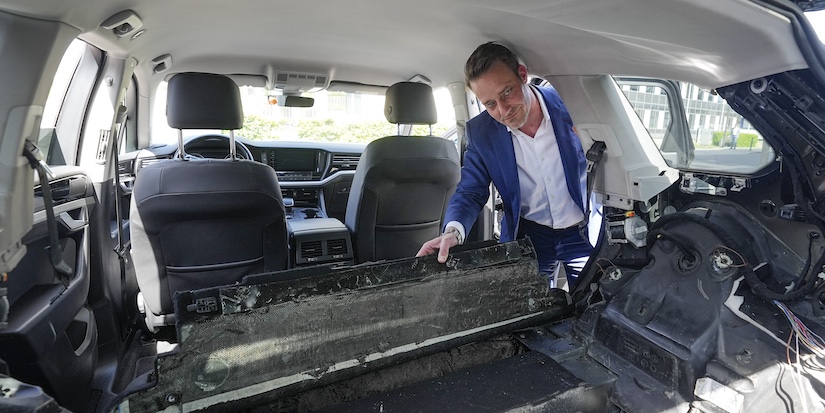Latest News
Province investing $25 million in biomedical engineering program

Published 12:43 PDT, Thu June 16, 2022
—
Students studying at the forefront of biomedical engineering will soon have a new learning environment for the school of biomedical engineering at the University of British Columbia (UBC).
"These bright students are shaping the future of health care, here in B.C. and around the world," said Anne Kang, Minister of Advanced Education and Skills Training. "These are the future professionals who will push the boundary of medical innovation and ensure that we have access to life-changing medical advancements. Our government's investment in this building is an investment in health care for all British Columbians."
The project cost is $139.4 million, with $25 million from the province and $114.4 million from UBC. Construction is expected to start in summer 2022 with the building opening for students in early 2025.
Biomedical engineering combines engineering principles with medical sciences to design, create, and evaluate equipment, computer systems, and software used in health care. The work includes designing and building artificial internal organs and body parts such as hip joints; designing computer software to operate complex medical equipment such as 3-D X-ray machines; and developing new drug therapies to solve human sickness and diseases.
"This project is a major step forward for solidifying UBC and British Columbia's position as a world-leading biomedical research and innovation hub. The new building will enable scientific discovery (and) the development of new technologies, and will support the education of the next generation of talented scientists, innovators, and entrepreneurs," said Santa Ono, UBC president. "Bringing together researchers, students, and staff from UBC's faculties of medicine and applied science, this nexus of research, entrepreneurship, and talent development will enable therapies that improve human health and innovation that help drive economic growth."
The five-storey building will feature classrooms and learning spaces on the lower floors, with research labs and spaces on the upper floors. The building will consolidate classroom and lab spaces currently hosted in 24 buildings on the Vancouver campus.
"The ability to think boldly and unconventionally is at the heart of biomedical engineering," said Bianca Kirsh, UBC biomedical engineering student. "With the new school of biomedical engineering building, students will have access to cutting-edge spaces that will support cross-sectoral collaboration, hands-on experimentation, and the translation of our creative ideas into disruptive technologies."
This project is part of the long-term StrongerBC Economic Plan that builds on B.C.'s strong economic recovery and works to address two long-standing challenges—inequality and climate change—by closing the skills gap, building resilient communities and helping businesses and people transition to clean-energy solutions.
, attracting and retaining the talent B.C. needs to grow and innovate across our economy is an important part of our StrongerBC Economic Plan," said Ravi Kahlon, Minister of Jobs, Economic Recovery and Innovation. "The new school of biomedical engineering facility is a key step in our generational commitment to close the skills and talent gap, and make sure British Columbians can gain the skills they need to fill the jobs of tomorrow."
In 2021-22, the province funded more than 2,600 student spaces in tech programming at institutions throughout the province, and will reach a total of 2,900 funded tech-related spaces in 2023, resulting in 1,000 additional graduates per year. Within that, UBC received funding for 564 student spaces for biomedical engineering, computer science, and manufacturing engineering programs at the Vancouver campus, 355 spaces of which are designated for biomedical engineering students.
Established in 2017, the UBC school of biomedical engineering is a partnership between the faculties of applied science and medicine, and offers undergraduate and graduate programs to more than 500 students annually.
































